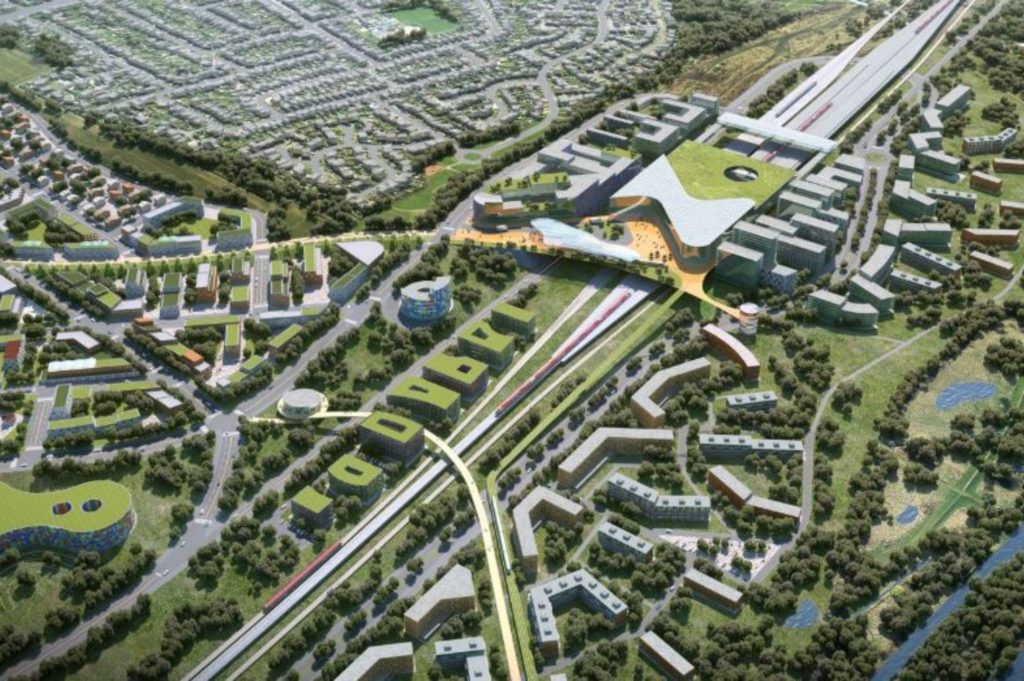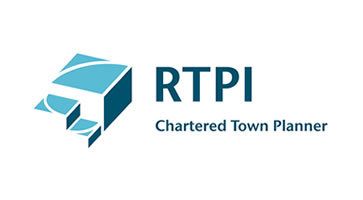The proposed East Midlands Development Corporation seems to be a reincarnation of the former East Midlands Development Agency that was killed off by the Cameron Government back in 2011. That is not to say that it is not welcomed.
All three sites are linked to HS2 and their development will help to cement the second phase of HS2 and importantly it will integrate HS2 into the wider economic and social fabric of the East Midlands. Toton and Radcliffe on Soar are both large brownfield sites whose redevelopment linked to the rail network and to other public transport links has the potential to be sustainable development.
East Midlands Airport (EMA) and the proposed ‘Freeport’ status is a more difficult proposition in planning, economic and climate change terms. As a freight airport, EMA has been very much less affected by Covid 19 than other airports across the UK and this is welcomed. If air freight continues to increase and operators begin to use direct access to the rail network then there is the possibility of lower CO2 emissions but this will require much reduced aircraft emissions. Emission levels will not increase if the airport’s freight expansion is created using slots currently reserved for air passengers. It would also have the effect of improving the long term economic health of the airport.
The freeport status for EMA is intended to stimulate economic activity due to government stimulus or tax breaks and there can be an agglomeration effect for particular sectors of the economy. The main advantage of freeports is that they encourage imports by lowering duty and paperwork costs. Manufacturing businesses that are inside the freeport can benefit from cheaper imported inputs/components in comparison to those outside the area.
On the other hand, the UK Trade Policy Observatory (UKTPO) cautions that the evidence of wider economic benefits of freeports and other zones are mixed, as they depend heavily on the design, access to transport infrastructure, skilled labour and capital within the zone in question. There is also a risk that freeports and zones don’t create new economic activity but rather divert existing business into the area with the allure of tax breaks – at a cost to the taxpayer in the form of lost revenue.
Ultimately, the UKTPO concludes that “whilst some form of free zones could help with shaping export-oriented and place-based regional development programmes, policymakers should (i) devise measures that counteract possible diversion of economic activity from elsewhere, and (ii) offer a wider set of incentives than just free zones, while keeping within the WTO [World Trade Organization] and any ‘level playing field’ obligations that arise from our trade agreements.”
The companies located next to EMA include Amazon and other large internet retailers. Internet retailers are already benefiting hugely from the Covid 19 crisis. Amazon in particular is creating a dominant position in the market which in there long term could have significant adverse economic and social effects. If internet retailers can also benefit from freeport status, with tax breaks and additional government support these companies will only be further advantaged. Internet retailing has seriously affected the high street, it has reduced the tax base in the UK and it has undermined pension funds. Combined with Covid 19 restrictions it is also affecting the social fabric and as the tax base is eroded the funding available for the NHS, for education and for investment reduces. We all in effect become poorer.
The government needed to ensure a level playing field for all UK based businesses. We all have to pay tax and this includes multinational internet retailers.
The proposed Freeport must not further advantage the advantaged and this cannot form part of the levelling up agenda as it will only achieve the opposite. The gap between wealth and poverty has increased during Covid. Investment must not exacerbate this but should seek to close the gap for the sake of our society and for the people of Britain.
Jonathan Jenkin, Managing Director, Planning & Design Practice Ltd
Main Image: Artists Impression – Midlands Engine



